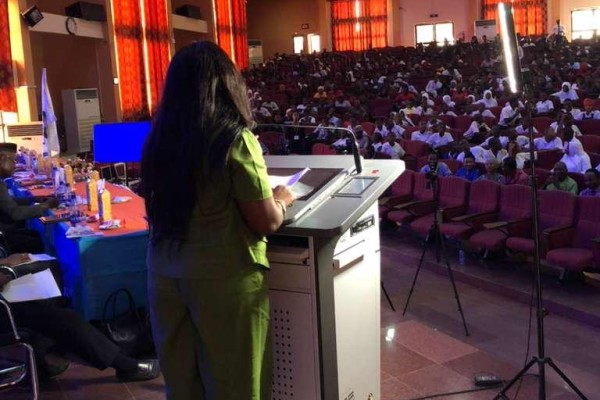If you have ever sat in a UN side event and thought, this feels inspiring but how do we bring it home, you are not alone. CSW-style panels can feel big, yet their most practical lessons are surprisingly local. When you boil them down, you get three strands that any school, nonprofit, or faith group can weave into daily practice. First, clear pathways that lift women and girls into visible leadership. Second, youth programs that treat young people as co-creators. Third, a culture of care so teams do not burn out while doing good. Below is a simple field guide shaped by CSW conference lessons on women’s empowerment, youth leadership blueprints, and approaches to community wellbeing.
What works for women
Panels often spotlight what makes empowerment stick. The pattern is consistent. Reduce barriers to entry, make leadership visible, and pay for time.
- Offer childcare and transit vouchers at every program.
- Provide stipends for fellows, panelists, and peer mentors.
- Pair skills workshops with real-world practice, such as co-chairing forums or pitching to local councils.
- Add policy literacy so participants turn stories into recommendations.
- Close the loop with public showcases that credit women as subject matter leaders.
You do not need a large grant to begin. A rotating skills circle with five participants, a microgrant for project supplies, and one quarterly forum can translate CSW conference lessons on women’s empowerment into action in a single neighborhood.
A youth blueprint that respects voice
Young people are ready to lead when adults step back a little and scaffold a lot. Borrow a few youth engagement strategies from UN panel discussions and adapt them to your calendar.
- Create a 12 week youth cohort with weekly sessions on facilitation, public speaking, and media literacy.
- Share the microphone. Let youth moderate a panel, introduce speakers, and write the event summary.
- Build pathways, not moments. Offer volunteer to intern to paid peer coach.
- Recognize learning. Give digital badges for skills like agenda design, interviewing, or data storytelling.
The test is simple. If a teenager can point to a decision they shaped, the strategy is working.
Wellbeing is part of the work
Great programs fail when teams exhaust themselves. The most useful mental health support ideas for community leaders start small and repeat often.
- Begin gatherings with a one minute check in question and a breathing pause.
- Normalize debriefs after hard meetings. Name what went well and what felt heavy.
- Set contact boundaries for evenings and weekends.
- Keep a short referral list for counseling and crisis support.
- Train staff and volunteers in trauma aware facilitation so difficult stories are held with care.
None of this requires medical expertise. It does require permission to protect energy and to ask for help when weight gets heavy.
Measure what matters
You can track impact without drowning in spreadsheets. Balance numbers and narratives.
- Participation: who shows up, who returns, who advances to new roles.
- Representation: how often women and youth are on stage or quoted in the write up.
- Outcomes: one policy change, one program adopted by a partner, one new budget line.
- Stories: short quotes that capture confidence, belonging, or practical wins.
Publish a simple two page annual brief. Share it with partners and city leaders. Ask for one concrete next step from each reader.
A 90 day starter plan
Week 1 to 3. Two listening circles and one survey. Ask what topics people want and when they can meet. Identify mentors, youth co hosts, and potential sponsors.
Week 4 to 6. Co design a small program set. One women’s skills lab, one youth speaking workshop, and one wellbeing practice that opens every gathering. Include a pilot that borrows youth engagement strategies from UN panel discussions and build a checklist so it can be repeated. Bake in two mental health support ideas for community leaders such as debriefs and referral lists.
Week 7 to 10. Run the pilots. Pay stipends. Offer child care. Rotate facilitation so voice is shared. Collect quick feedback after each session while memories are fresh.
Week 11 to 12. Host a community showcase with short talks and a photo wall of participants. Share your brief metrics. Invite sign ups for the next cycle and ask each partner to sponsor one seat or one microgrant.
Bring it home
Empowerment scales through habits, not headlines. Put one chair at the front for a new voice. Pay fairly. Share the mic. Protect the humans who do the work. If you keep that rhythm, your local team will turn big stage inspiration into durable practice, month after month. Along the way you will find that the most powerful ideas are simple ones, repeated with care, until they become part of how your community moves.

